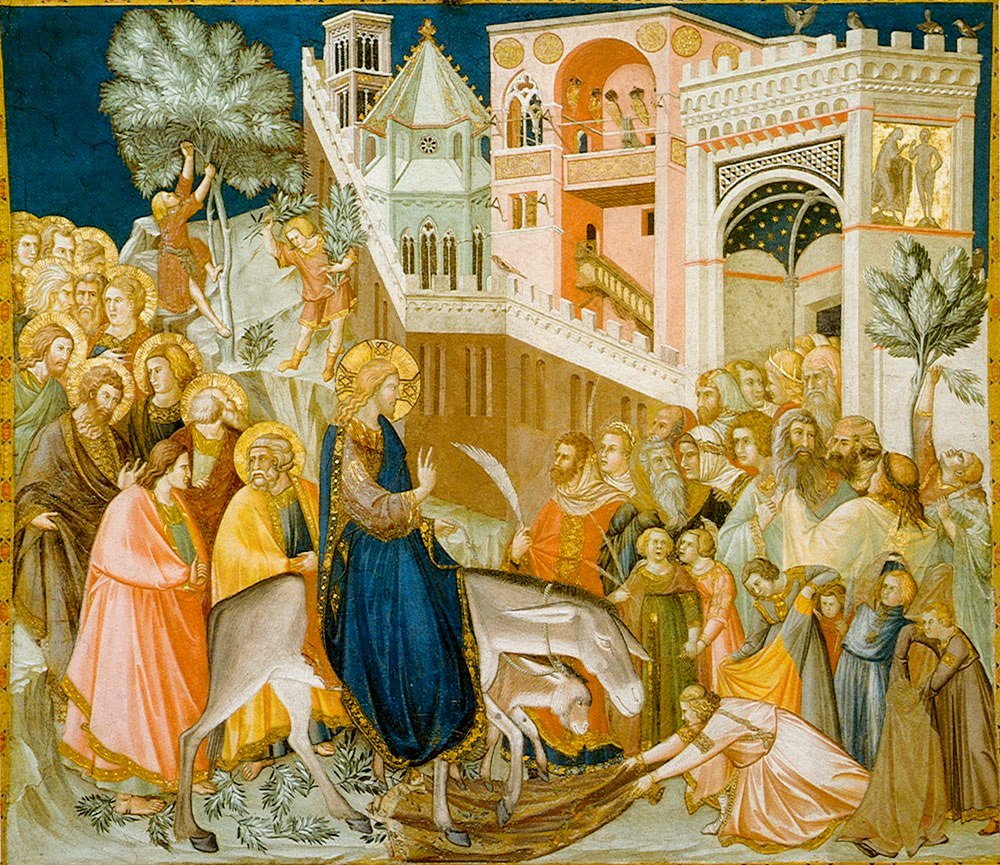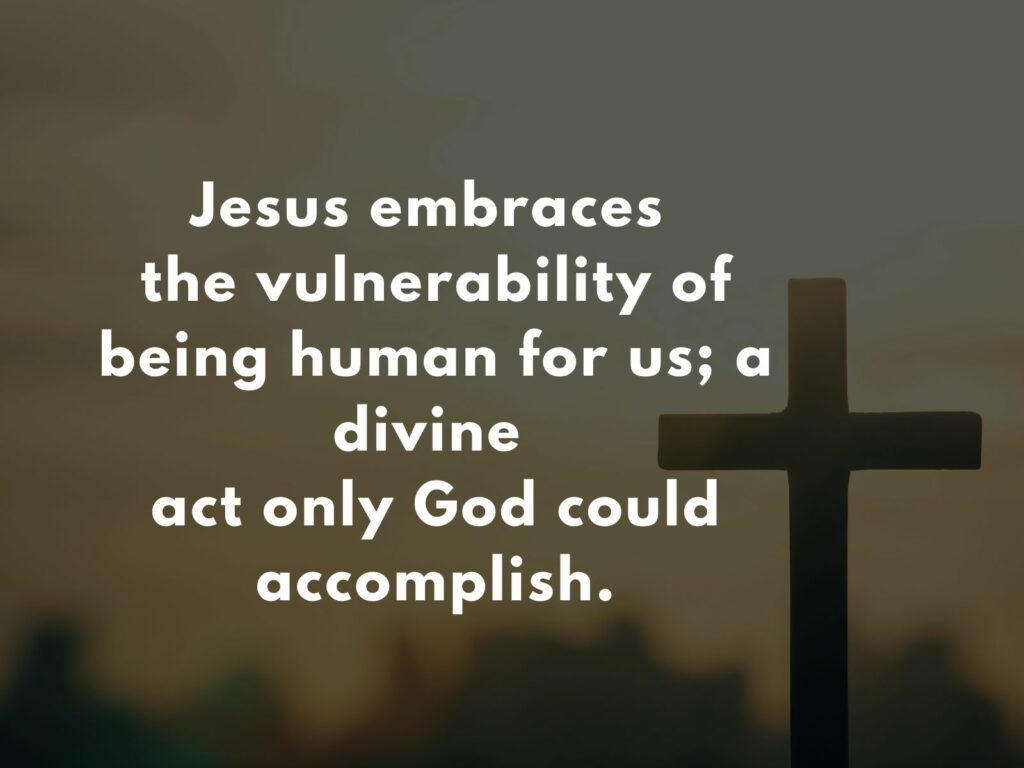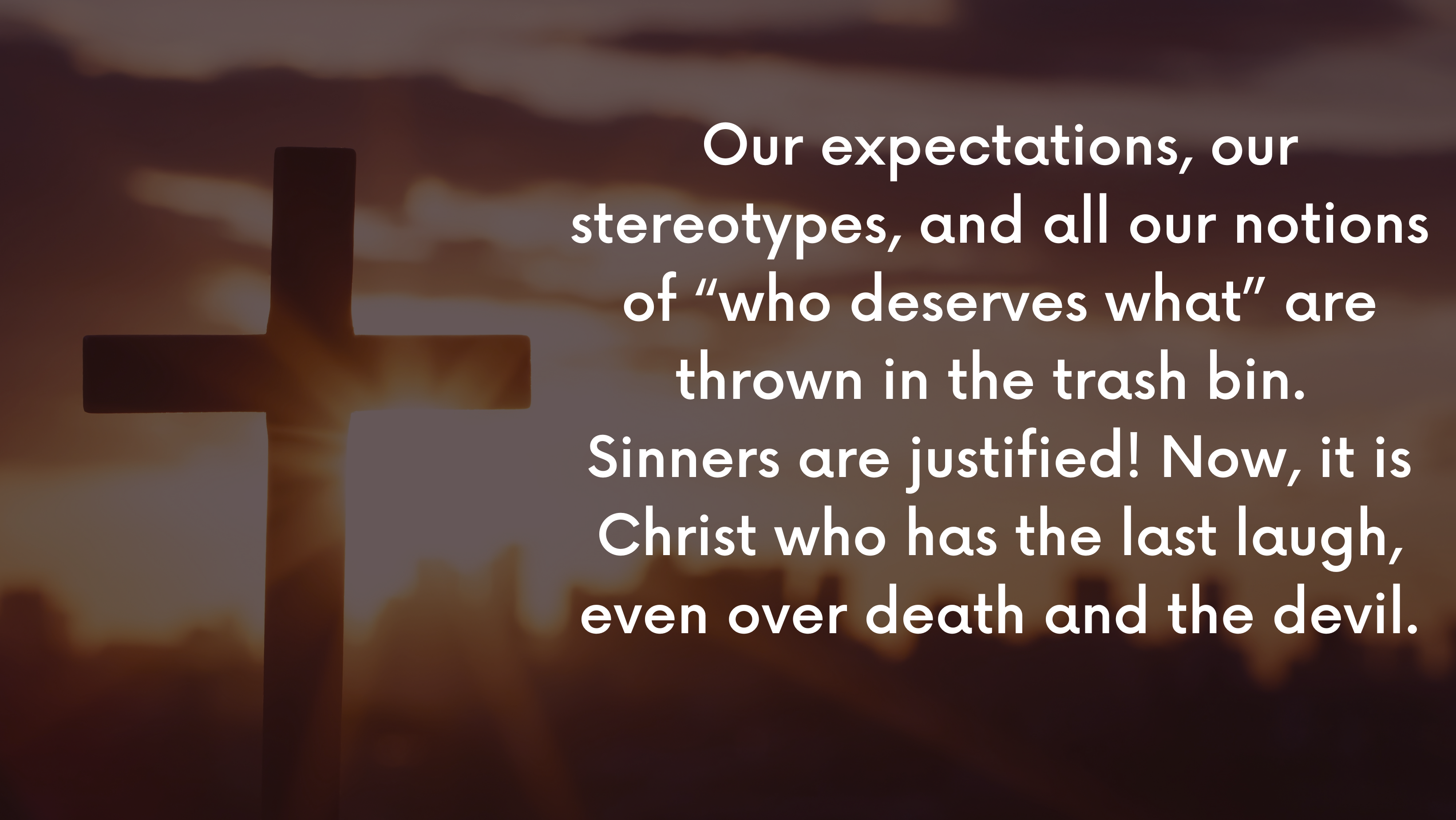Palm Sunday
COACHING WITH UNDERSTANDING
Philippians 2:5-11
Palm Sunday
Analysis by Ben Williams
5Let the same mind be in you that was in Christ Jesus,
6who, though he was in the form of God,
did not regard equality with God
as something to be exploited,
7but emptied himself,
taking the form of a slave,
being born in human likeness.
And being found in human form,
8he humbled himself
and became obedient to the point of death—
even death on a cross.
9Therefore God also highly exalted him
and gave him the name
that is above every name,
10so that at the name of Jesus
every knee should bend,
in heaven and on earth and under the earth,
11and every tongue should confess
that Jesus Christ is Lord,
to the glory of God the Father.
Author’s Note: Reading Paul’s letters gives us little glimpses into the ancient world. Each community Paul wrote faced particular issues that Paul specifically addressed. I like to think of Paul as a coach for these communities: giving guidance or admonishment when necessary. In this passage from the letter to the Philippians, Paul gives one clear directive to the community: “Let the same mind be in you that was in Christ Jesus…” It may be tempting to turn Christ’s actions of self-emptying into our own call to action; but, the focus of the Christ hymn is to draw our attention to what Jesus does. Our call from Coach Paul, then, is to reflect on Christ’s work and how we might live into that work by rejecting exploitative power.

Entry of Christ into Jerusalem (1320) by Pietro Lorenzetti- Source, Public Domain, https://commons.wikimedia.org/w/index.php?curid=3944840
Jesus embraces the vulnerability of being human for us; a divine act only God could accomplish.
DIAGNOSIS: SOMETHING TO BE EXPLOITED
Step 1: Initial Diagnosis (External Problem): Coaching Athletes
“Winning isn’t everything. It’s the only thing. If you can shrug off a loss, you can never be a winner.” This quote from Coach Vince Lombardi is emblematic of the challenge coaches face when success is the priority of coaching. It can easily reduce athletes to the total sum of the outcomes of their endeavors. If a player isn’t producing to the level expected, then the players value is diminished.
Of course, we can rationalize this at the professional sporting level. But it is not just coaches who face this challenge. Parents living vicariously through their children’s success face this temptation. Employers or managers might feel pressure to view their workers as numbers on a spreadsheet. The value of employees, children, friends, athletes or any other human relationship can be reduced to a performative metric of our own device.
Step 2: Advanced Diagnosis (Internal Problem): A Call to Succeed
In turn, we are weighed down by pressure to perform. We become convinced that success is a measure of godliness. Those who are successful are elevated to the divine realms and idolized. Athletic prowess is considered super-human at the upper-levels of one’s sport. Parents beam with pride when their child accomplishes a feat the parent could not. Fattened wallets become the only evidence to judge a business as good. Regardless of the cost, harm, or impact we buy the idea that its okay to leverage power if it leads to success.
Step 3: Final Diagnosis (Eternal Problem): Left Exploited
Exploitation lurks just around the corner when success is the only valued measurement of worth. Why? Because unfounded power that claims its own divinity always wields that power to protect itself. And Jesus, “though he was in the form of God, did not regard equality with God as something to be exploited…” So, Jesus refuses and rejects the use of exploitative power. We find ourselves chasing our own exploitation when we deny our humanity by claiming our own divinity; or worse, entrusting such divinity to another.
PROGNOSIS: HIGHLY EXALTED
Step 4: Initial Prognosis (Eternal Solution): Found Exalted
And yet, Christ “emptied himself” of the divinity to which he rightly held claim. “And, being found in human form, he humbled himself and became obedient to the point of death—even death on a cross.” Jesus embraces the vulnerability of being human for us; a divine act only God could accomplish. And he is found to be highly exalted, given a name above all names, so that all may know where true divinity lies.
Step 5: Advanced Prognosis (Internal Solution): A Call to Be
This act frees us from our obsessive need to secure for ourselves the so-called success that proved our worth. Rather, we live into a call to be exactly who we are created to be: human beings who falter and persist: parents who love their children for who they are, employers who value their employees and not just their labor. Regardless of profit, benefit, or success, the Holy Spirit opens our hearts to reflect God’s compassionate love for all that God created, including ourselves.
Step 6: Final Prognosis (External Solution): Coaching Human Beings
“For me, success is not about the wins and losses. It’s about helping these young fellas be the best versions of themselves on and off the field.” This quote from fictional Coach Ted Lasso is emblematic of the potential coaches have to make a positive impact in their players’ lives. It can easily make a profound difference in a player’s life to be seen as more than just an athlete. If a coach coaches with understanding, then the players full potential is realized.
Of course, its not just coaches who make this life-changing impact. We all have the capacity, because of God’s gracious love, to see one another as more than the sum total of our actions. We all can approach one another with understanding that we are human beings—beloved by God—first and anything else second. “Let the same mind be in you as in Christ Jesus,” Paul writes. May it be so.


